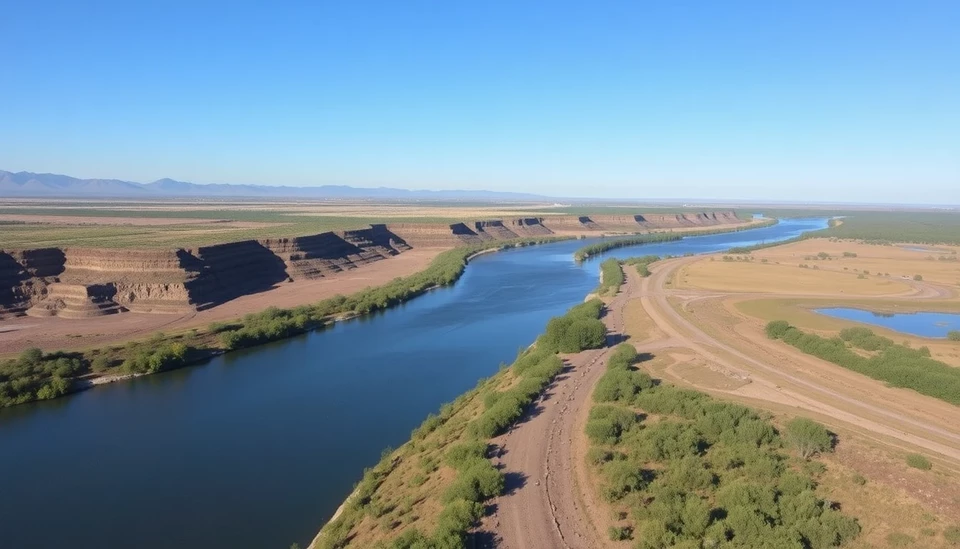
In a bold move to enhance its export capabilities, the Argentine government under President Javier Milei is investing significantly in the development of a deeper river route. This initiative is designed to facilitate the transportation of goods, thereby enabling Argentina to compete more effectively with Brazil, its regional rival, particularly in the agricultural sector.
The heart of this project lies within the Parana River system, which is crucial for the transit of agricultural exports, particularly soybeans, corn, and beef. By deepening the river channels, Milei’s administration hopes to accommodate larger vessels, allowing for increased cargo capacity and more efficient transportation. This strategic enhancement is expected to significantly reduce logistical costs, making Argentine exports more attractive in the global market.
The push to improve the river's infrastructure comes in the wake of Argentina's ongoing economic struggles, characterized by soaring inflation and financial instability. By bolstering its export capabilities, the government aims to generate revenue and stimulate economic recovery. Analysts suggest that upgraded river infrastructure could position Argentina as a stronger competitor against Brazil, which has long dominated the agricultural export scene in South America.
In recent years, Brazil has benefited from its extensive and well-maintained transportation network, which has enabled the country to claim the title of the world’s second-largest exporter of soybeans. With this development, Argentine officials hope to not only catch up but potentially leap ahead by making its agricultural products more cost-effective and accessible to international markets.
To support this ambitious project, the Argentine government is seeking investments from both domestic and foreign investors. The administration is actively engaging private sector players, as they envision this infrastructure upgrade as a public-private partnership. Milei’s government has indicated a desire to fast-track the regulatory processes to expedite the project's launch, signaling a decisive approach to revitalize the export sector.
However, environmental concerns loom large over the project. Critics argue that deepening the river may disrupt local ecosystems and biodiversity. As the debate unfolds, the Milei administration will need to ensure that environmental assessments are adequately addressed to gain public support and maintain sustainable practices while pursuing economic growth.
No clear timeline has been set for the project's completion, but the Argentine government appears committed to moving forward. As the nation stands on the brink of a potentially transformative development, stakeholders are eager to see whether this bold gamble will indeed position Argentina as a heavyweight competitor in the agricultural export market.
The success of this initiative could redefine regional trade dynamics and highlight the importance of infrastructure development in achieving economic stability in Argentina.
Amid rising global agricultural demand, the stakes are high. Argentina has long been recognized for its agricultural potential, and with the right investments and strategies, it could reclaim its status as a leading exporter in Latin America.
As the situation develops, all eyes will be on Argentina to see if its vision translates into reality and whether it can turn this ambitious river upgrade project into a cornerstone of its export strategy.
#Argentina #Exports #Agriculture #Milei #Brazil #Infrastructure #Economy #Soybeans #Investment #Trade #Transport
Author: John Harris




